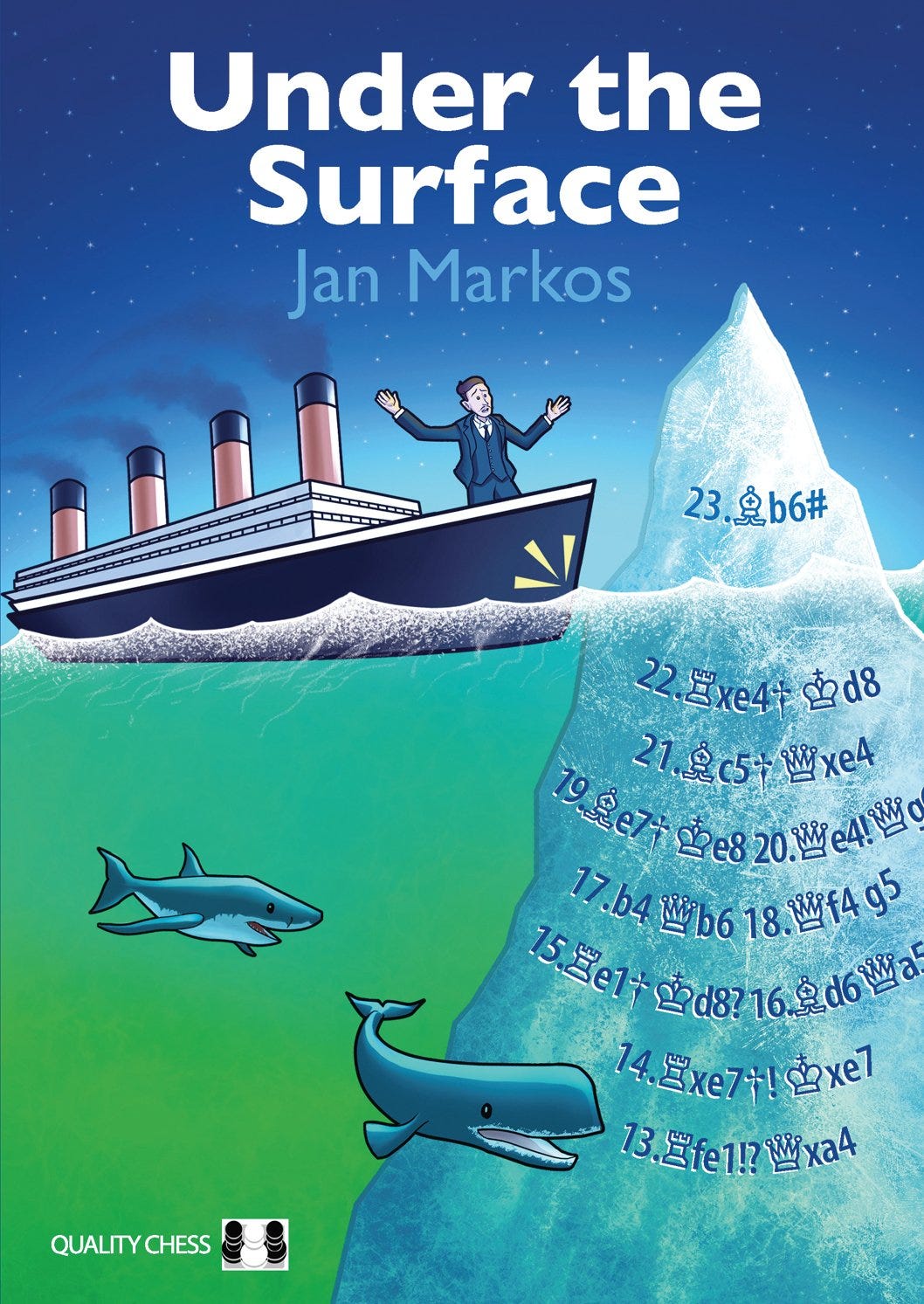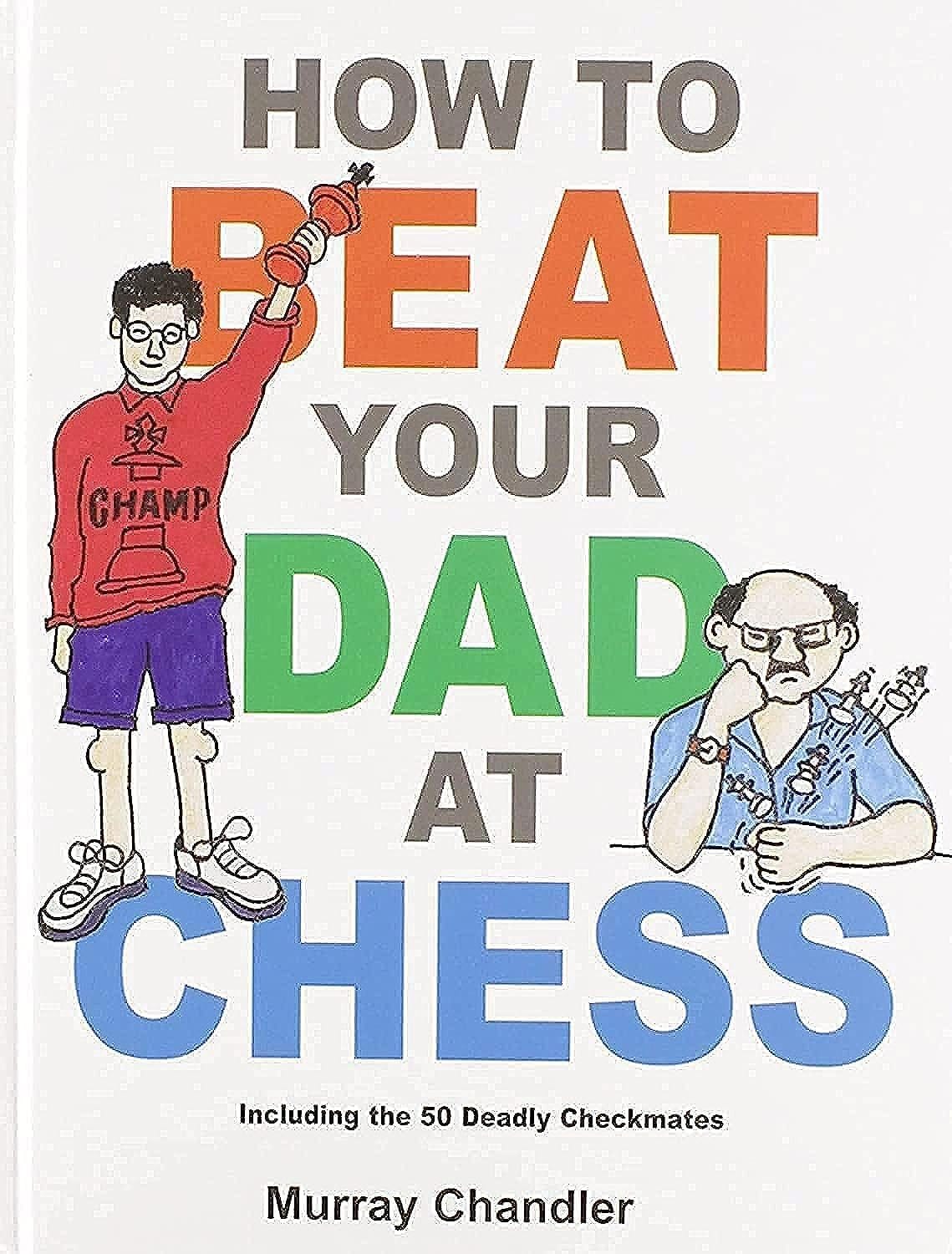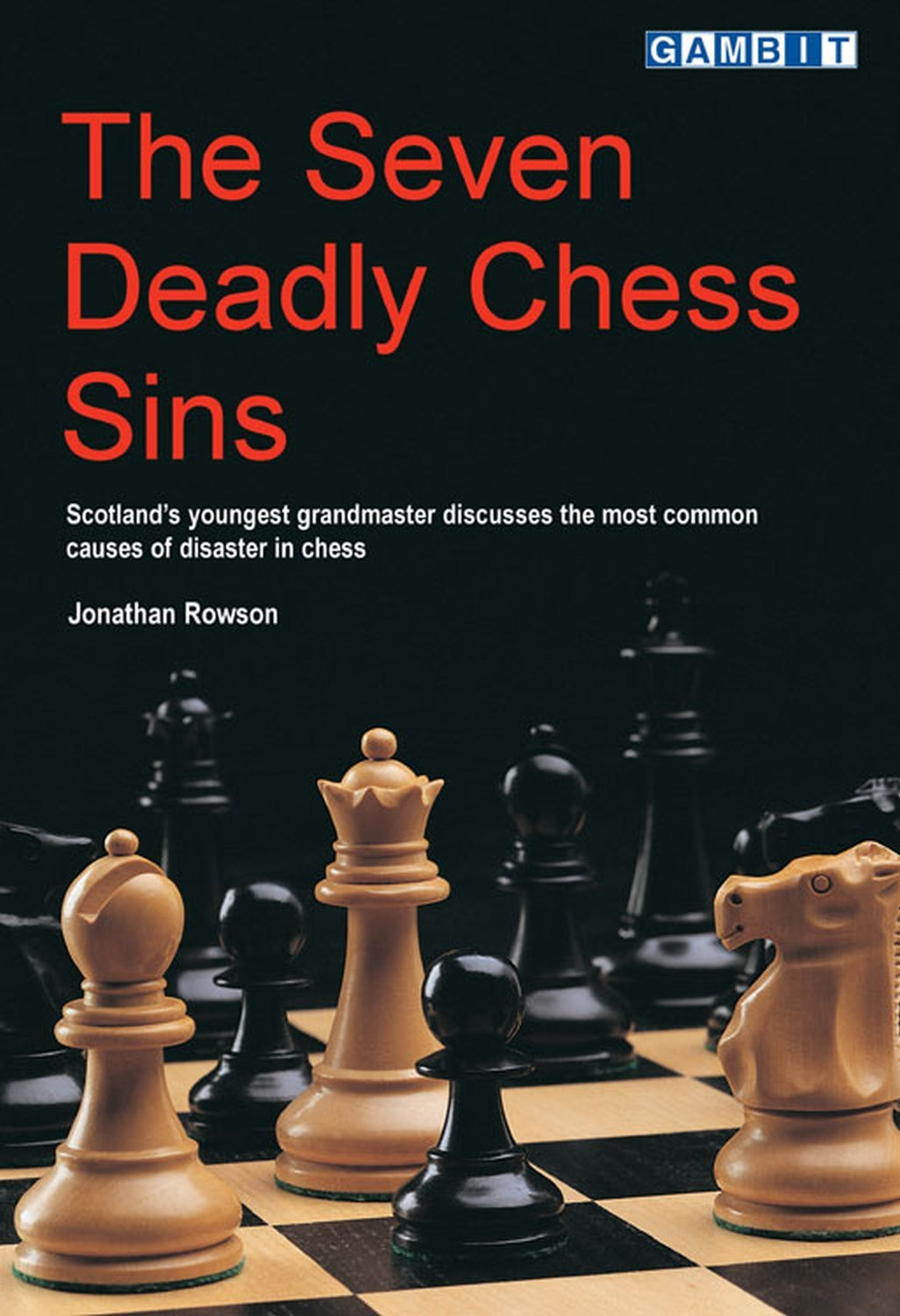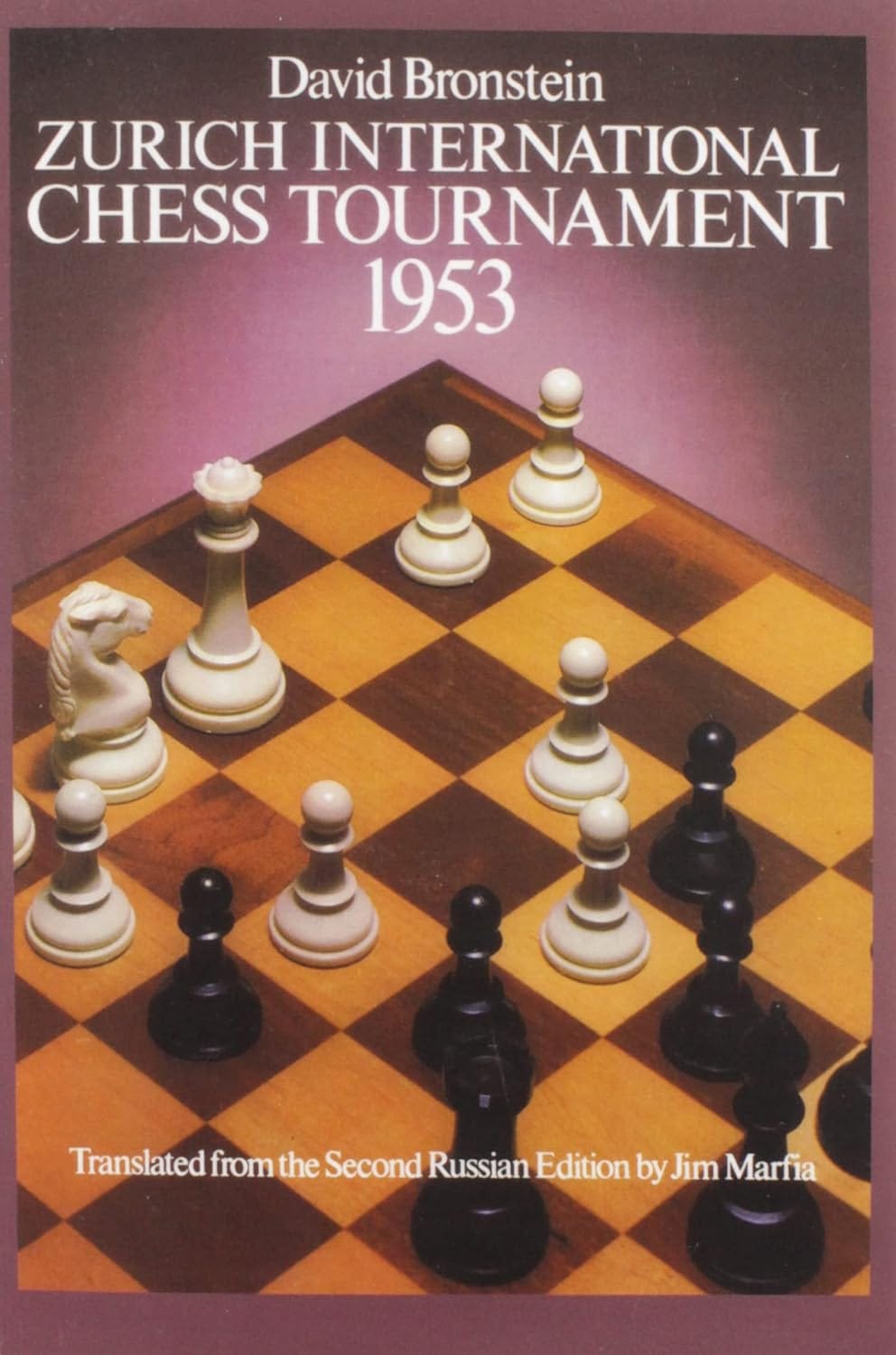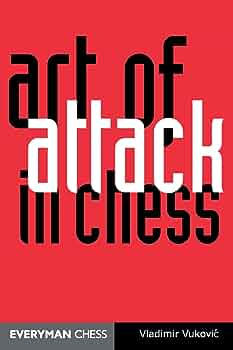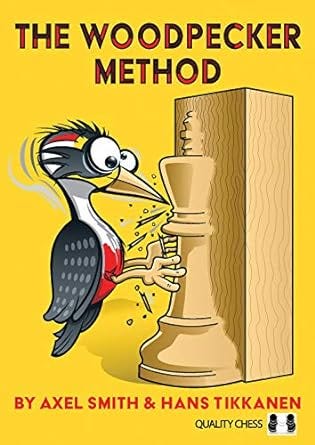Welcome to Say Chess! This newsletter goes out to 3,957 chess players. If you haven't joined yet, sign up now and get the ebook '100 Headachingly Hard Mate In Two Puzzles Composed By Sam Loyd' for free.
Last week I sent out a short survey to find out which books in your experience have had the biggest impact on your chess improvement.
A big thanks to the 124 people who responded. In total 372 books and courses were recommended. The winning book got 19 mentions, but there was also a lot of diversity in the suggestions, which can be interpreted that books resonate differently with readers at different levels.
In this newsletter, I will go through the books that got 3 or 4 mentions, which ranked them in a shared 10th and 17th place. Next week, I will send out the top 9 books/courses.
I have included some of your quotes about the books and some reviews/introductions for those of you who want to learn more.
Shared No. 17th - Chess Fundamentals by Capablanca - 3 mentions
I have actually spent quite a few hours on this book since I published an updated version with algebraic notation, extra diagrams, and a larger format in a 100th-anniversary edition. I think this book today mostly interests those who also like chess history and want to know the evolution of chess theory and teaching.
Shared No. 17th - My 60 Memorable Games by Bobby Fischer - 3 mentions
“Is it too difficult for me? Probably. Would I get more from other books, and find them more applicable to getting better? Maybe. But I love his games. I know for many people this list won't work as well, because they find game collections to be dull, but I find combining Fischer and Morphy a great combination because, to steal a term Daniel King uses about Fischer, they have such clarity in their strategy.
If I spend enough time with the game, or read the notation I can come to understand what the strategy was, and once that is clear, everything fits together. The pieces flow seamlessly to where they should go, the plans naturally develop, and the win seems inevitable. I keep wanting to play through the games, so anything that makes me want to focus on chess is something that makes me better.”
Shared No. 17th - Chess Principles Reloaded by Andreas Toth - 3 mentions
“..teaches you to start thinking properly about the middlegame.”
“Course teaches good chess in general but greatly improved my opening play, it teaches little nuances in developing moves which always gives me an opening advantage. Beginner to Intermediate”
“This one really drilled home the importance of controlling the center and I went on a 17-game win streak in Rapid games immediately after going through this course. For lower-level players just starting to ask themselves “what’s my plan”, this course is elo rocket fuel.”
Shared No. 17th - Dvoretsky's Endgame Manual - 3 mentions
“It helped me understand endgames and improve my calculation skills”
”chose this because even tho it’s usually recommended for a very high level the concepts aren’t that hard (the exercises definitely are). helped a ton with calc too”
“Endgames are undoubtedly very important in chess. And Dvoretsky´s book is just brilliant. Some chapters are elementary, but the chapter of rook endgames succeeds in putting complex rules in easy words.”
Shared No. 17th - Improve Your Chess by Jonathan Tisdall - 3 mentions
“It made me change my approach to chess and reversed my stagnation/decline. It helped me get over 2000”
”I have fond memories of this book. Not so much because it was much better than others, though it is a great book. But because it debunked Alexander Kotov's theory of the tree of analysis, which, before this book came around, I had spent years trying to figure out. This book was like a breath of fresh air. It showed me, among other things, that the concept of the tree of analysis, could lead to many misanalyzed positions if one wasn't careful. No one can analyze a position once and then discard it. Chess is way too hard for that. Also, how can you really tell how to set up the proper order of the tree of analysis from the start? Tisdall answered a lot of my questions and dispensed with the guilt I had for not being able to follow Kotov's methods. In addition, the book is full of great examples and top-notch discussions on understanding piece values and using stepping stone diagrams to get through analysis.”
Shared No. 17th - Under The Surface by Jan Markos - 3 mentions
“A very useful collection of tips aimed at practical players.”
“Teaches you to think outside the box, in new but easily understandable ways.”
“A lot of interesting ideas.”
Shared No. 17th - Grandmaster Preparation - Positional Play by Jacob Aagaard - 3 mentions
“The positions help build an understanding of what Chess ACTUALLY is.”
“Solving tons of puzzles work, and this book specifically helps with puzzles in the positional genre.”
Shared No. 17th - Smithy's Opening Fundamentals by SmithyQ (Chessable / Free course) - 3 mentions
“At the U1200 level, the majority of games are decided by blunders in the opening to early midgame. I don't think this is simply a failure of proper calculation and tactical know-how or pattern recognition, I think it's a failure to comprehend the fundamental principles behind the moves in the opening. Nothing I've read or course I've tried has so succinctly demonstrated and elucidated the things you should keep in mind during the beginning of the game.“
“This is the book/course to take people casual to intermediate.”
Shared No. 10th - How to Beat Your Dad at Chess (Chess for Kids) by Murray Chandler - 4 mentions
“Giving us the idea on how to end the game - checkmate pattern”
“Common items to look for when playing”
Shared No. 10th - Seven Deadly Chess Sins by Jonathan Rowson - 4 mentions
Why you may want to break the rules; I especially like his advice "when you hear hoofbeats think of zebras"
“Rowson's insight on how perfectionism-induced time pressure comes from a lack of self-confidence helped me improve my blitz rating 300 points.”
Shared No. 10th - Checkmate Patterns Manual (Chessable Course) - 4 mentions
“Nice puzzles, both structured and unstructured. Helped my checkmate radar, by ingraining the different patterns.”
“It taught and reinforced the important checkmate patterns. John Bartholemew's video explanations elevate it above How to Beat Your Dad at Chess.”
Shared No. 10th - Zurich International Chess Tournament 1953 by David Bronstein - 4 mentions
“Studying this book helped me improve from 1700 to 1980 (SACF) in about a year. Two qualifying points. My access to chess material in 1982 in South Africa was limited. Maybe another book would have been even more useful! However, I would still recommend it.
1. The games are of incredibly high quality and cover the full range of modern strategic themes.
2. The explanations are clear and very insightful.”
”Bronstein’s book on the Zurich 1956 tournament helped me immeasurably to understand the thought processes behind strong chess play. His explanations, what he emphasized or didn’t emphasize, again in the context of complete games, made a huge difference for me.”
Shared No. 10th - Bobby Fischer Teaches Chess - 4 mentions
“To be completely fair, it does not teach how to play chess. What it does is really forge into your mind the easiest checkmates (mostly back ranks and similar) and a few basic concepts like "removing the defender"“
“I was quite skeptical of this book and format, but have come back to it and find the active and interactive elements of asking the question to yourself, studying the position, and turning the page quite satisfying. That said, I am 42-years-old and prefer books to online tools.”
If you don’t want to read the whole book, here is a video where Fischer teaches chess in 1 minute:
Shared No. 10th - Art of Attack in Chess by Vladimir Vuković - 4 mentions
“Taught me a lot of stuff about attacking.”
Shared No. 10th - The Woodpecker Method - 4 mentions
“Memorisation of patterns”
That was it until next week when I will share the top 9 picks.
How many of the above have you read? And do they all deserve a spot on this list? Please share in the comments.
/Martin










